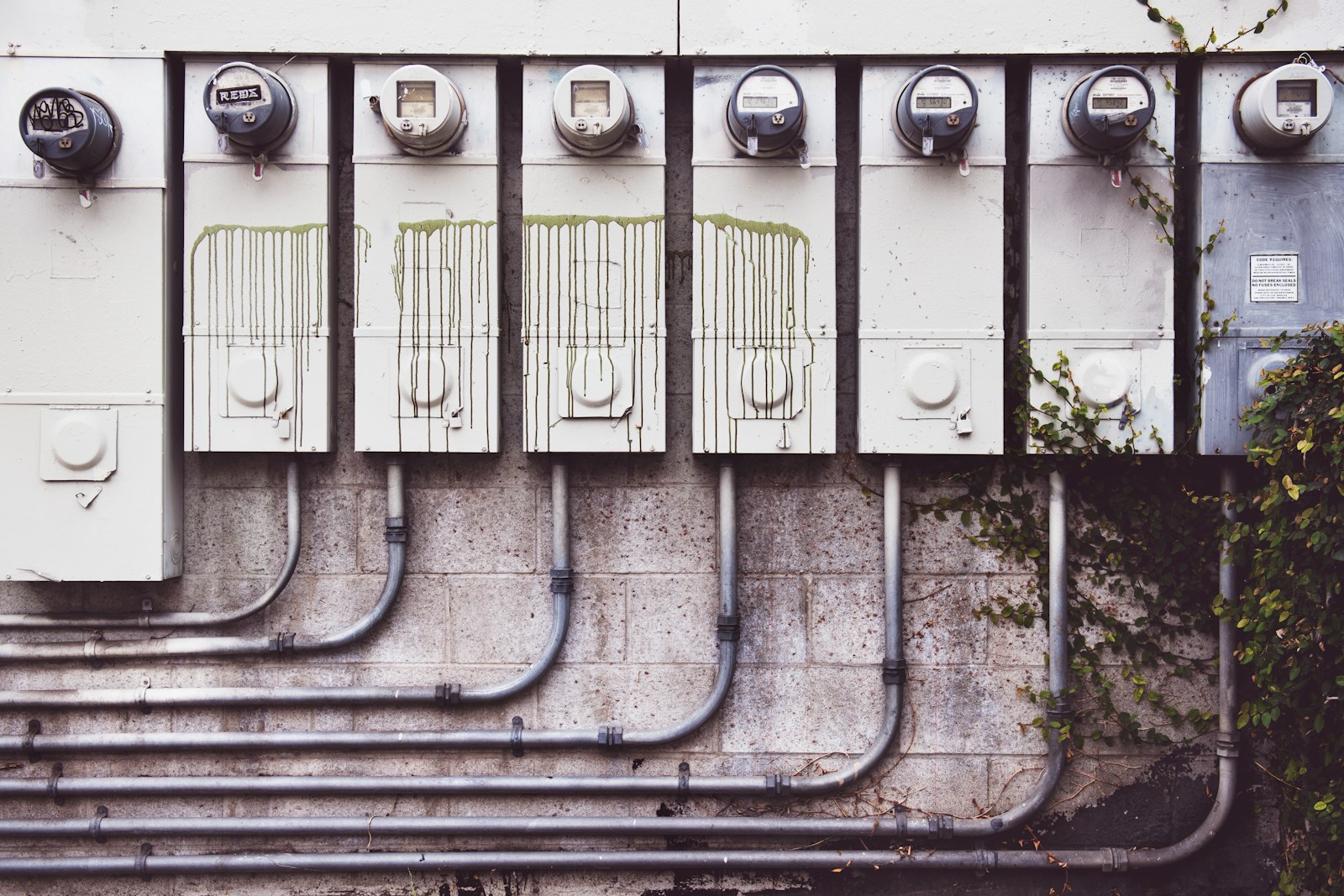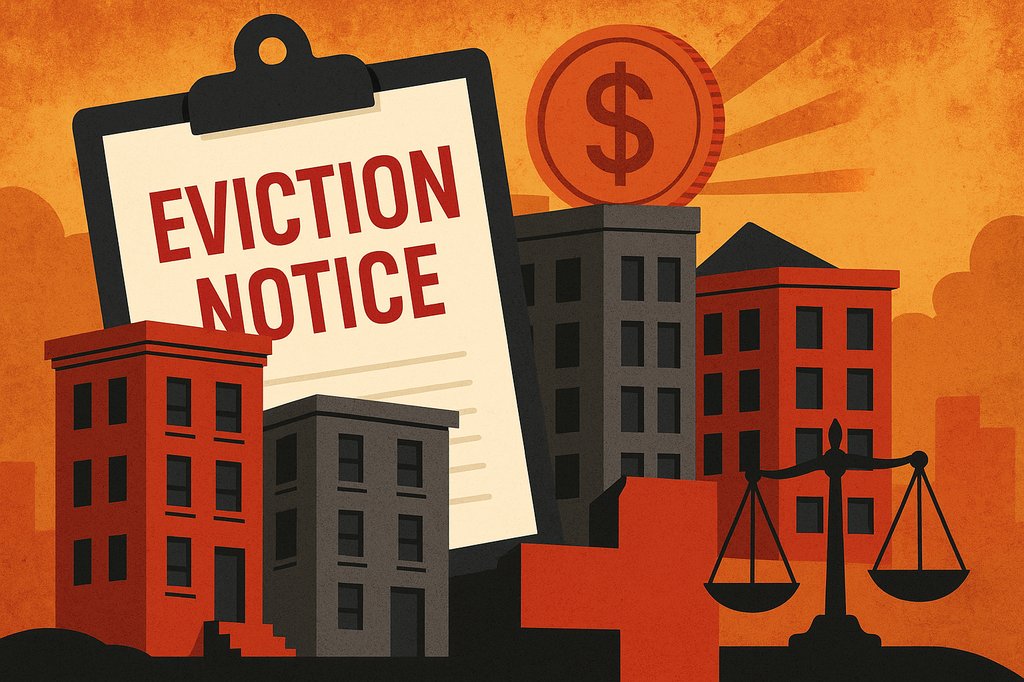New Insurance Company Requirements for Your Electrical Panels
Did You Get “The Letter” yet?
No, I’m not referring to the one that starts out: Official Jury Summons or I’m a Nigerian prince… I’m referring to a letter from your insurance company informing you that you must “hire a licensed electrical contractor to thoroughly inspect the electrical systems in each building covered by our insurance company and replace any unsafe electrical panels within the building with modern, approved panels.”
If you haven’t gotten a letter like this yet, it may be coming soon.
The letter will go on to tell you which brands of panels are no longer acceptable. Or, as the insurance companies describe them, “no longer insurable by our company due to having defective components that have led to fires and/or electrocution.”
Here are the four brands of electrical panels that insurance companies require be replaced:
- Federal Pacific Electric (FPE) Stab-Lok panels
- Zinsco panels, also known as GTE Sylvania-Zinsco panels
- Challenger panels built by the Challenger Electrical Equipment Corp or Eaton/Cutler-Hammer
- Pushmatic/Bulldog panels
These four brands of electrical panels are no longer UL Listed and are not permitted to be installed per the National Electrical Code. They have been banned due to their documented manufacturing defects. They have a history of creating power shut-offs, electrical shocks, and building fires.
In the last year, a number of my company’s property management clients received this kind of letter and called me for help. If the property manager was lucky, we could demonstrate that their panels were not among the unsafe brands. If their panels were among the unsafe brands, the property manager had two options: Find another insurance company or replace the panels.
Many of my clients were not able to find another suitable insurance company. The insurance companies they contacted either had the same policy—they wouldn’t cover these brands—or their premiums were too high. In this case, we replaced their unsafe electrical panels. While in the short term, this can be expensive, in the long term, this might be the wisest approach.
Insurance companies run on statistics. The fire and electrocution statistics are telling them that it’s a better financial bet to lose a property manager client than to insure these particular electrical panels. As a property manager, one has to consider the risk to the lives of the tenants and the risk to the buildings.
What to do if you get “The Letter”
Contact an electrical contractor who is familiar with the requirements of insurance companies. The contractor will be able to determine which brand of electrical panels you have and if they meet the requirements of your insurance company. If they do, the contractor can generate a letter on their company letterhead that certifies your electrical panels meet the insurance company’s requirements and that they are in good working order and in compliance with current electrical safety standards.
If your electrical panels are among the unsafe ones listed above, you will either need to find another insurer or hire an electrician to replace the panels. The quality of the electrician that you hire will affect the cost and safety of the job as well as the ease of passing inspection. Also, your electrician’s communication and people skills will affect your tenants’ experience while the job is being completed.
Look for an electrical contractor who:
- Has a current C-10 electrical license,
- Carries, at a minimum, $1M liability insurance coverage,
- Has an up-to-date Worker’s Comp policy,
- Has a minimum of a one-year warranty on their work,
- Has sufficient manpower to ensure your job will be done quickly and efficiently,
- Can provide positive customer references for panel replacements in multi-unit buildings, and
Has a lot of EXPERIENCE with replacing panels in small, medium, and larger multi-unit buildings.
The Value of Experience
An electrical contractor who has already successfully replaced many electrical panels in a variety of multi-unit buildings will save you time and money because:
- The electrical contractor will be experienced in working with insurance companies and can minimize the amount of work required.
- The electricians working for an experienced contractor will have a thorough knowledge of electrical codes. They will be able to give you a heads-up about code violations. Better to fix these before an inspector for the panel job catches code violations and requires corrections. For example, modern safety GFI outlets may not have been installed yet in the kitchens. Noticing this while inspecting the new electrical panels could be a red flag to the inspector.
- The electricians will be familiar with the permitting process and may have already established a good relationship with the local inspectors for panel replacements.
- The electricians will know how to minimize damage when removing the old panel and installing the new one. They will be able to do a clean job on any patching that may be required.
- The electricians will be trained and experienced in maintaining good relations with tenants.
There’s no getting around it—replacing a building’s electrical panels can be one of those unexpected expenses that makes life ever-interesting for property managers. However, once insurance company requirements are met, your building will be easier to insure, possibly with lower premiums. The building may also rise in value. Most importantly, your tenants will be safer from electrical shocks and fire, and your building will be safer, too.
Written by Kim Hopkins
Kim Hopkins is the owner of The Electric Connection, a Los Angeles area electrical contracting company specializing in property management work for over 40 years.









